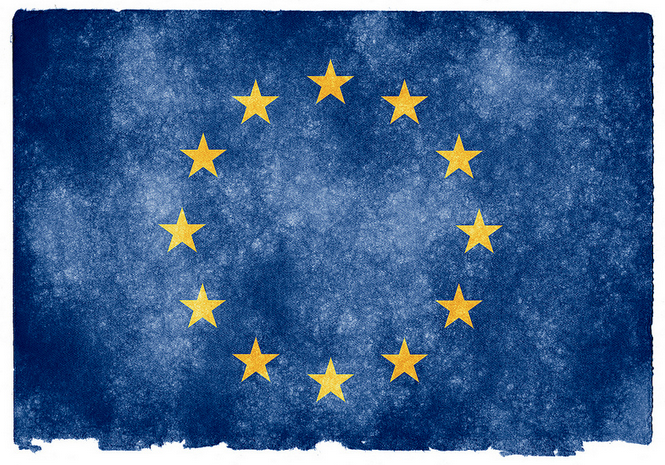 I’m sat at a conference and there in front of me sits a diplomat from the UK’s Foreign and Commonwealth Office. He’s here to present the UK’s positions on the future of the European Union. His suit is sharp, his role senior, and undoubtedly his bank balance a lot healthier than mine.
I’m sat at a conference and there in front of me sits a diplomat from the UK’s Foreign and Commonwealth Office. He’s here to present the UK’s positions on the future of the European Union. His suit is sharp, his role senior, and undoubtedly his bank balance a lot healthier than mine.
His diction is at that ambiguous spot between clear, and patronising (for the sake of the non-native English speakers in the audience), but that does not grate as much as his words do.
Through rhetorical dexterity he explains that, because the Member States of the European Union are more legitimate than the EU itself is, the 28 Member States – acting all together (i.e. with a veto right) – should be the ones setting the political direction for the European Union. Because turnout in European elections is down that means that power for the European Parliament is not the solution to deal with the EU’s democratic deficit that he repeatedly mentions, yet proposes no solution to solve.
The European Commission should simultaneously give more room for manoeuvre to Member States when it comes to freedom of movement, but when it comes to the Single Market the Commission must do more.
National Parliaments’ yellow card should be improved to become a red card, yet he sees no contradiction between this idea and the need to deepen the EU’s Single Market. National Parliaments indeed, in his eyes, are the epitome of democratic accountability, playing to to the UK’s ‘mother of all parliaments’ myth.
He speaks of output legitimacy, of how the European Union must prioritise jobs and competitiveness, and how the new European Commission must focus relentlessly on this. He talks of how the new Commission team must work for the Single Market yet of course neglects to mention the appointment process and how this is connected to the results of the European Parliament elections.
He talks of how gas costs in the USA have plunged 66% since 2005, and risen more than 30% in the EU in the same period, yet later speaks of how climate change is a serious concern. Without pause he talks of the importance of shale gas, and nuclear.
Stop. Really. Please. Just stop. I was squirming in my seat listening to all of this, the smooth phrases masking a contempt for anything not cooked up in the rooms of King Charles Street or Conservative Party HQ.
Anyone with half an understanding of the European Union must realise that most of the above is either contradictory, or unworkable, or both. Even UKIP’s position – that the UK should leave the EU – is more consistent than this.
The gentleman’s position essentially starts from where the European Union is now, where UK politics (and especially the politics of the Conservative Party) are now, and makes minor changes to that, the whole lot rooted in the forlorn pragmatism that is supposed to be a strength of UK politics.
I am sorry, but it is no good.
What is the vision for how the European Union should look, and how are we going to get there? Does EU-wide democracy have a hope of working, or not? Because to bemoan the democratic deficit while proposing the essential renationalisation of decision making is a glaring contradiction. Perhaps it is simply a contradiction so often made we do not realise it is a contradiction any more. It is like strengthening Rheinland-Pfalz or Bayern to improve the German federal level – absurd. You cannot simultaneously demand the Commission be more effective and seek to undermine it. You cannot hope that unanimous decision making is going to be a solution for leadership in the EU.
This, then, at a personal level, is why I am better off as an independent, a freelancer, a blogger. I may live in material poverty in comparison to the FCO gentleman, but I am not beset by the intellectual poverty to which he has succumbed. We essentially have 2 options: we make EU-wide democracy work, or we retrench to the national level. When choosing between the two I am for the former every time.
Maybe I am too much of an idealist. But without ideals, what’s life worth living for?








The UK just pursues a common free-area market and would never support a political Union.
Hi there.
Your words are essential in understanding the EU project. The growing Idea of tuning back to the national State is, I’m sorry to say, stupid.
I often wonder why you Englishmen continue to forget, that UK, despite its great efforts in fighting the Nazies, want to turn your back to Europe. To head Europe would be more understandable.
But no, UK seems to enough in itself. Thats a pity, but hopefully it will change over time.